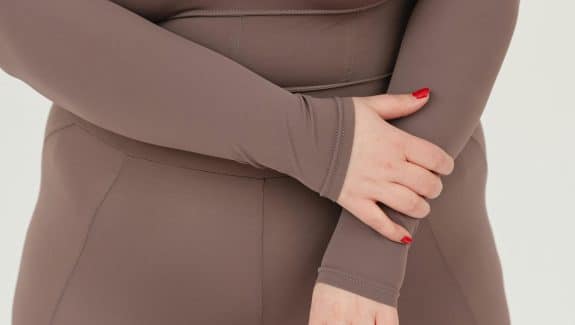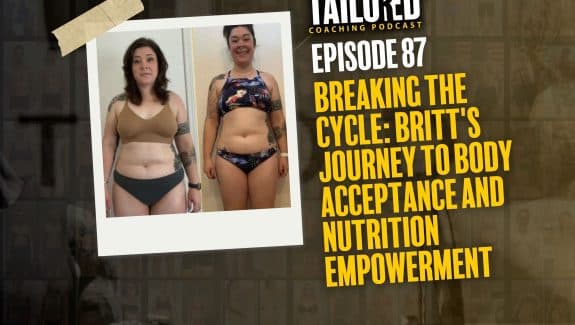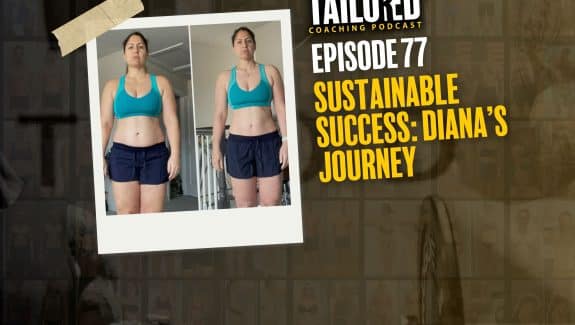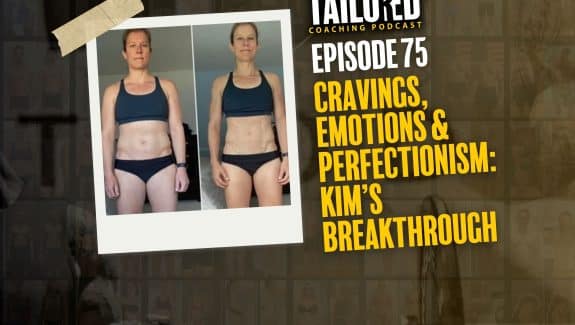What is Protein Overfeeding?
Protein overfeeding, commonly known as over-eating protein to the everyday individual, is using protein as the main or sole component of a surplus in calories. This is usually done when trying to gain muscle. It became popular after a few studies were published by Dr. Jose Antonio showing that high protein levels are not detrimental to health and that they could increase lean mass if used in a surplus. However, protein has been studied in obesity research for decades with the goal of trying to understand how it influences weight loss and weight gain.
Potential Benefits of Over-Eating Protein
Overfeeding with protein has a few benefits. The first is the thermic effect of food (TEF) is much higher for protein (20-30%) than other macronutrients such as fat (0-5%) and carbohydrates (5-15%). This means that if you eat 500 calories of pure protein about 150 of those calories will be expended by increasing your metabolic rate via heat (i.e., thermic effect). If you’ve ever had the meat sweats then you understand this feeling.
Another benefit from overfeeding with protein is improved satiety. This could translate to adhering to your diet better because you aren’t as hungry as you would be if you overate fat or carbohydrates. This could also help you stay away from highly palatable foods that don’t provide much besides calories. The downside is that some people struggle with eating high protein because of the increase in satiety.
The last potential benefit pertains to non-exercise activity thermogenesis (NEAT). Some people adapt to overeating by increasing the amount they move. There is not much evidence to suggest that higher protein increases NEAT more than lower protein, but more calories in general could be counteracted if you move more. Overfeeding with protein might be a safe way to see if you get this benefit. If so, you would burn more calories, which could mean you can eat more without gaining as much fat.
Research On Protein Overfeeding (Over-Eating Protein)
As previously mentioned, the series of protein studies by Dr. Antonio from 2014 to 2016 really helped us understand what happens to body composition while overfeeding with protein. In the first study, he compared trained participants eating 1.8 g/kg/bw of protein vs 4.4 g/kg/bw for 8 weeks. Antonio et al., found participants on the higher protein diet gained more fat-free mass and lost a small amount of fat mass compared to the moderate (1.8g/kg) group, who gained fat-free mass, but also gained a small amount of fat mass. None of these results were significant, so they concluded that “consuming a hypercaloric high protein diet has no effect on body composition in resistance-trained individuals.” This indicates that at the minimum we can expect not to gain fat while eating protein in a surplus for a moderate amount of time.
We’ve had the pleasure of interviewing Dr. Jose Antonio on the podcast, which can be found on iTunes HERE or listened to in the player below:
The next study compared two groups. One ate 2.3 g/kg/bw of protein and the other ate 3.4 g/kg/bw for 8 weeks combined with a and a resistance training program. The participants were in a 500 calorie surplus, which is smaller than the first study. Antonio et al., found that both groups significantly increased their fat-free mass, but the higher protein group (3.4g/kg) lost a significant amount of fat mass. This study also found no harmful effects of consuming a high protein diet on renal function.
The final study in the Antonio series used a randomized, crossover design, resistance-trained male subjects underwent a 16-week intervention (i.e., two 8-week periods) in which they consumed either their normal or high protein diet (>3 g/kg/day). Similar to the first study, the last study found no statistically significant effects of a high protein diet on body composition, 1-RM bench press strength or muscular endurance (RTF at 60 % of the 1-RM bench press) when compared to the normal protein group. Even with participants consuming ~400 additional calories daily for eight weeks, there were no significant changes in fat mass.
All of this data, plus some others with lower protein intakes, indicates that the body has a difficult time storing extra protein as fat and is more likely to increase fat-free mass when combined with a resistance training program. The surplus in the studies ranges from 400-800kcal and all hint towards the same results: overfeeding with protein is probably going to help rather than hurt.
Below you can find the podcast version of this research review! And finally, if you want a simplified guide to your protein intake – read THIS FREE BLOG


























































































































































































































































































































































































































































































